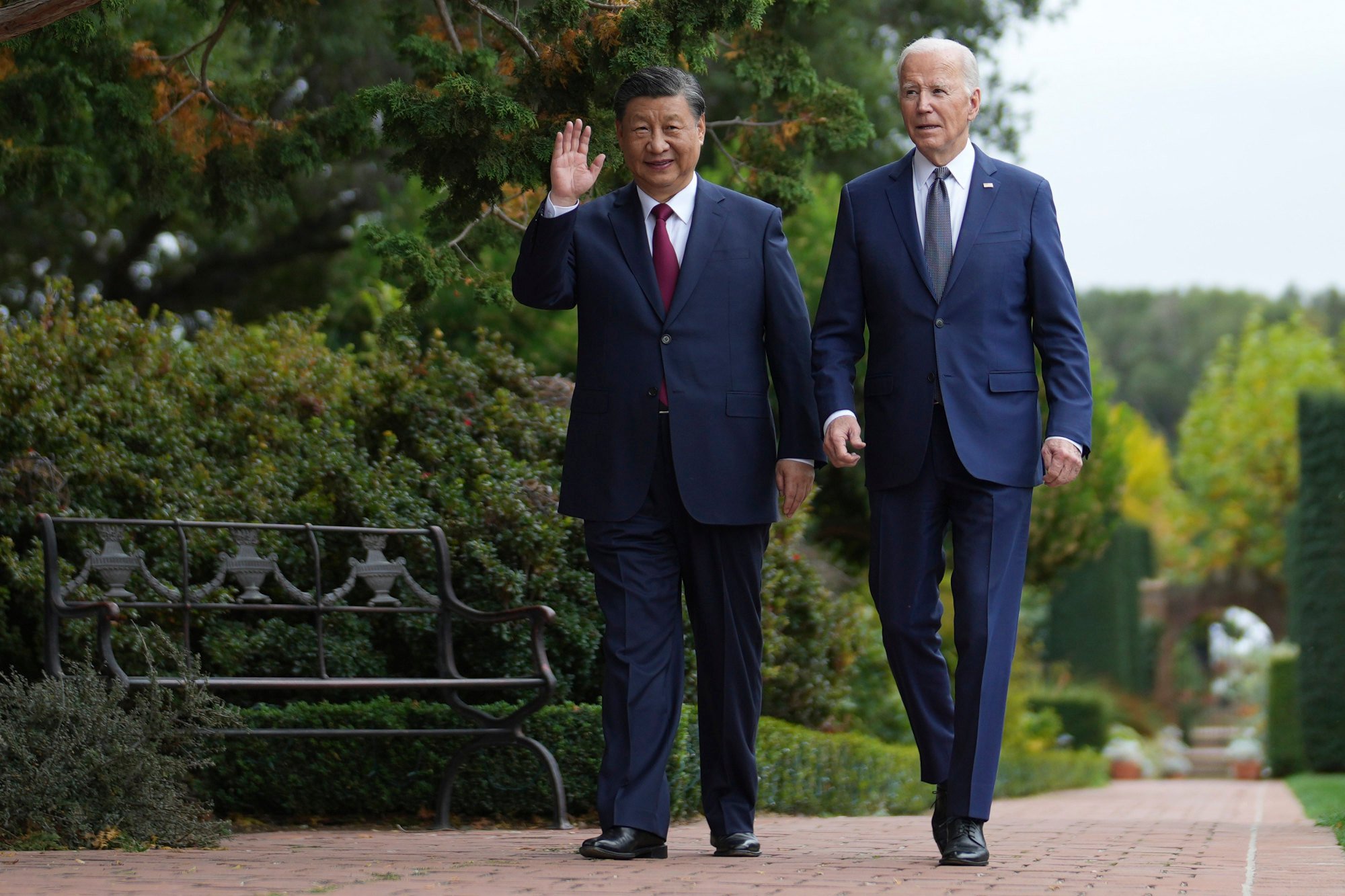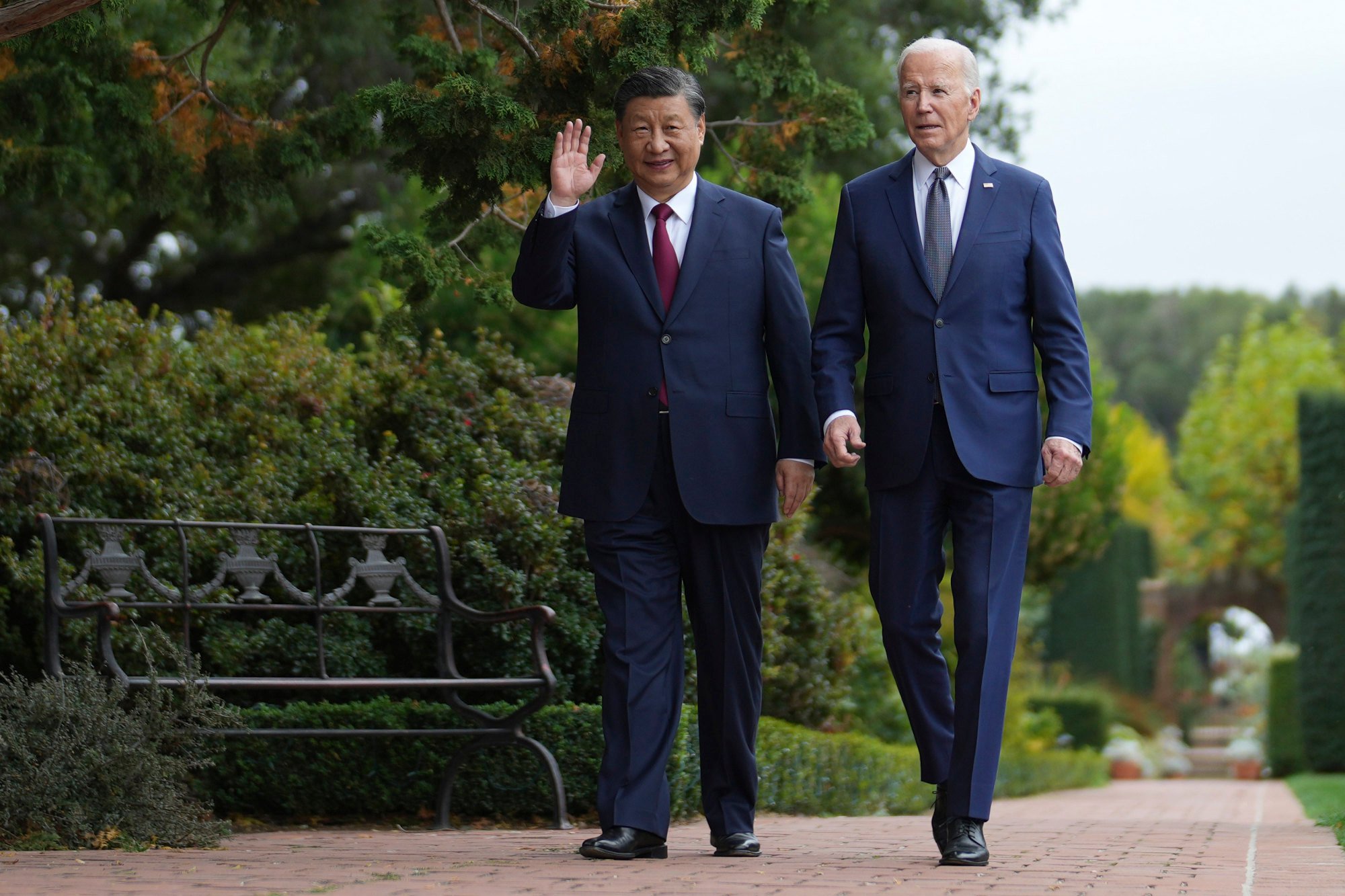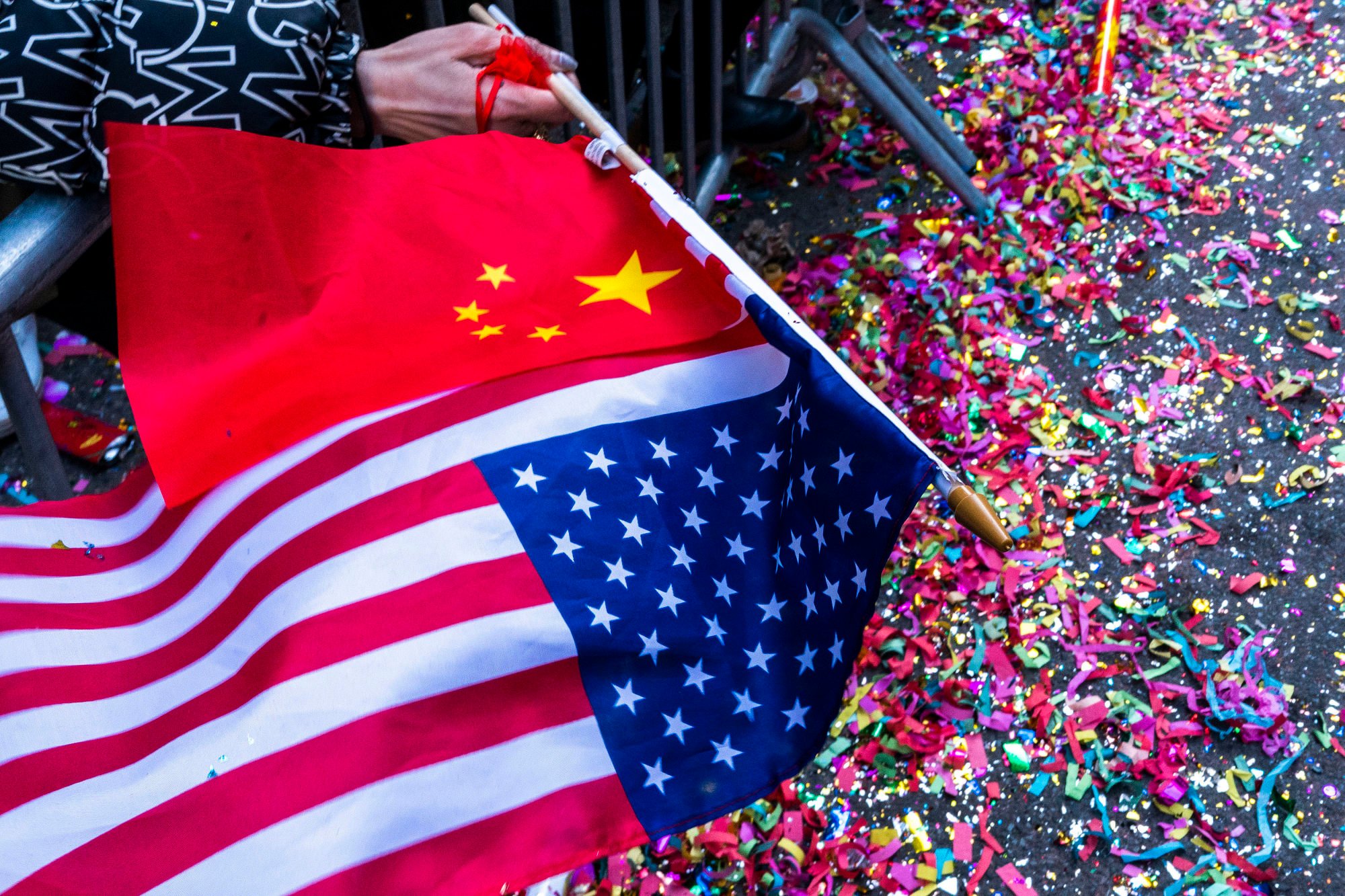
Beijing is hampering people-level exchange efforts by harassing Chinese citizens in US-led programmes, senior US State Department officials said on Thursday.
“The [Ministry of State Security] has called out academic exchanges as an example of foreign espionage activities, which led PRC academics to cancel their participation in US exchange programmes,” one said, referring to the People’s Republic of China.
The official added that China’s foreign NGO law had “systematically” reduced the number of people willing to work with US partners on people-to-people exchanges. The law, in effect since 2017, subjects foreign NGOs to close government scrutiny with stringent registration and reporting requirements.
These comments come as both the US and China have stressed the importance of people-t0-people exchange and the need to resume dialogue after years of Covid-19-related border closures.

After their meeting during the Apec conference in November, Chinese President Xi Jinping and US President Joe Biden acknowledged the need to expand bilateral educational, student, youth, cultural, sports and business exchanges.
But despite the lifting of Covid-related measures, travel between the two countries continues to be marred by border issues on both sides.
The behaviour of Chinese security personnel drives the State Department’s travel advisory for mainland China, US officials said. Set to “level three” on a four-level risk scale, the designation refers to “reconsider travel” and cites the arbitrary enforcement of local laws, “including in relation to exit bans, and the risk of wrongful detentions”.
China slams US for ‘persecuting’ Chinese students over national security
China slams US for ‘persecuting’ Chinese students over national security
In response, State Department spokesperson Matt Miller said that the percentage of Chinese students who have been detained “is less than one-tenth of one per cent” and that “the percentage has been stable over the past few years”.
Senior State Department officials said on Thursday that such practices by China are continuing and that they know of “many US citizens who continue to suffer, who are unable to leave the PRC”, without providing specifics on the number of people affected.
“PRC security personnel can detain and deport US citizens for things like sending private electronic messages critical of their government,” one said.
The security personnel appear to have “broad discretion to deem a wide variety of documents, data, statistics to be considered to be state secrets and prosecute people for espionage”, the official added.

But the officials stressed that reducing the imbalance in people-level exchange remained a key objective of the State Department.
The post-Covid return to China for Americans has begun, with flights gradually increasing, US study programmes resumed or being launched and business executives trickling back in.
State politics in the US have also led to the severing of ties between US and mainland Chinese schools, decreasing opportunities for Americans to go to China.
EMEA Tribune is not involved in this news article, it is taken from our partners and or from the News Agencies. Copyright and Credit go to the News Agencies, email [email protected] Follow our WhatsApp verified Channel









